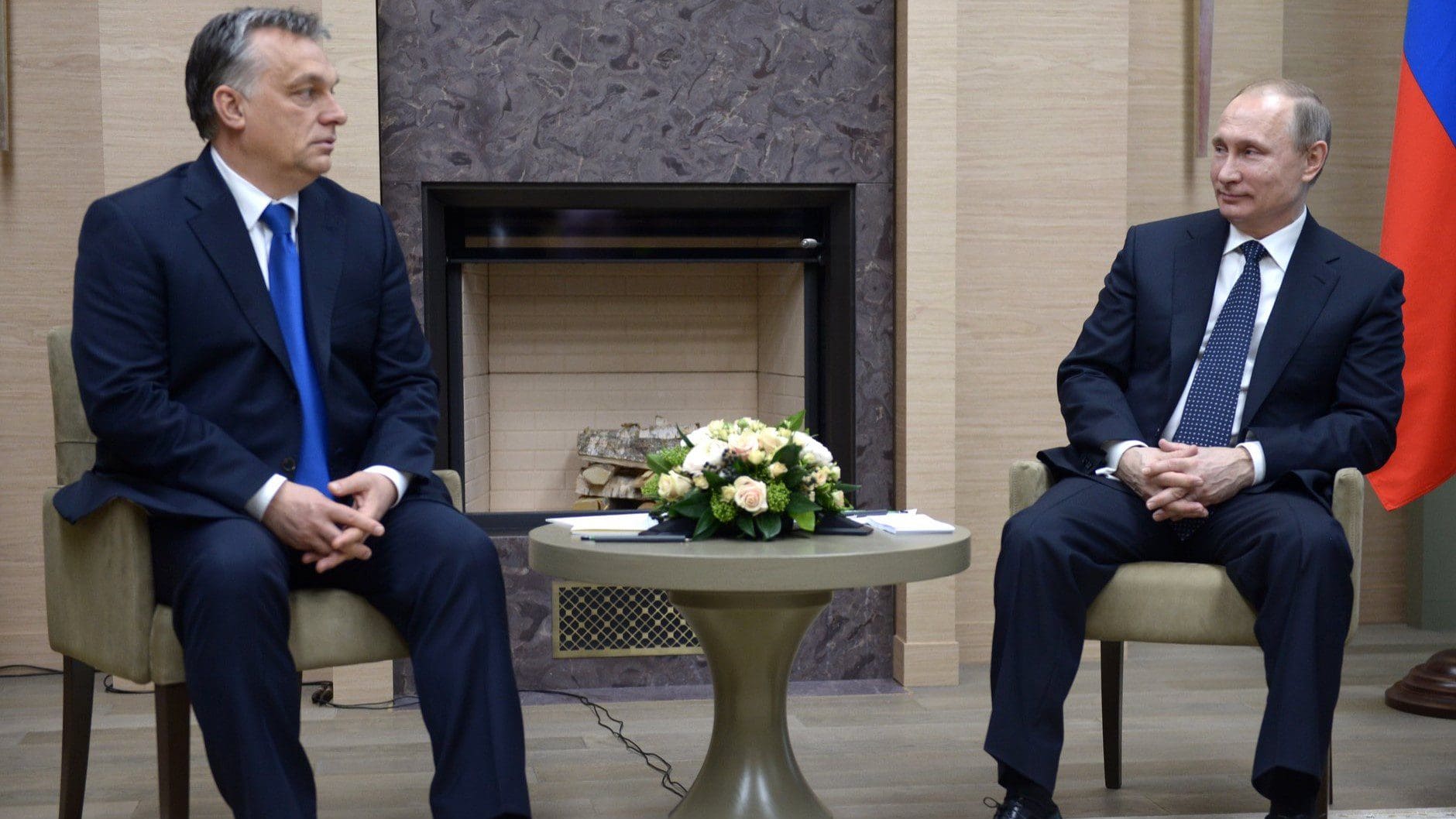Moscow has suspended the visa free entry of Hungarian diplomats to the Russian Federation. Russia justified its move by claiming that Hungary has violated the provisions of the bilateral agreement that granted diplomats visa free travel. Moscow promised to restore the simplified travel rules for diplomats, agreed on in 2001, once Hungary rectifies the violations to the deal.
Interestingly, Moscow has not explained the timing of the decision.
The EU suspended its equivalent agreement with Russia back in August 2022, meaning that Russian diplomats have not had easy access to the Schengen Area for quite some time already. So it is far from clear why Moscow suspended the agreement now, months after the EU stopped holding up its end of the bargain.
It is highly probable, however, that it was Viktor Orbán’s upcoming trip to Kyiv that triggered the decision. Minister of Foreign Affairs and Trade Péter Szijjártó disclosed last weekend that the technical details of the Kyiv trip still need to be finalised, but he alluded that the Prime Minister is most likely to travel to Hungary’s war-torn neighbour. For security reasons, the arrival of Orbán to Kyiv is most likely to be disclosed only once he will have landed in Ukraine. Moscow is most likely upset about the Hungarian Prime Minister’s planned trip and scrapped Hungarian diplomats’ visa free travel in retaliation.
This is not the first time that Moscow has expressed its disappointment with Hungary’s foreign policy. After the war started last year, Hungary was at one point also put on Russia’s list of unfriendly countries. The Kremlin’s move came after Budapest endorsed the EU sanctions and condemned Russia’s invasion of Ukraine. This provision also meant that exchanges between Hungary and Russia above 10 million Russian rubles a month must be paid in the Russian national currency.
Furthermore, in January 2023, when Hungary marked the memorial day of the Hungarian Second Army’s tragedy at the Don River,
Russian media accused Hungary of glorifying fascists and of revanchism,
completely misrepresenting what the remembrance of the events stands for in Hungarian collective memory. The controversy around the Don River catastrophe is not the only recent clash in Hungarian-Russian memory politics. Moscow and Budapest do not see eye to eye on how to describe the Soviet army’s ´arrival´ in Hungary in the context of World War II. While Moscow describes the events as the Russian Red Army having ´liberated´ Hungary from Nazi occupation, since 1989, Budapest has been increasingly of the opinion that Nazi occupation was merely replaced by Soviet occupation, a view that Moscow strictly rejects and opposes. The disagreements and the political and diplomatic struggles between Budapest and Moscow clearly refute the Western media’s view that these two countries have an exclusively positive relationship.








